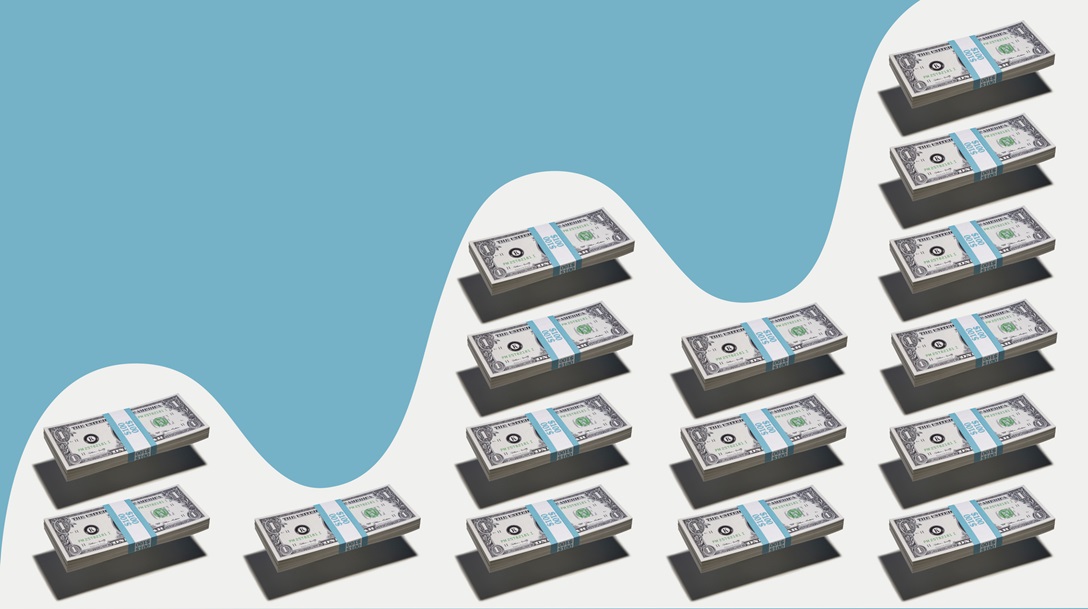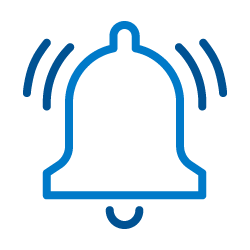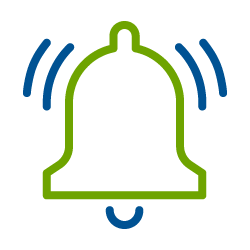Avoid these budgeting pitfalls!

Avoiding budgeting pitfalls is crucial for maintaining financial health and achieving your goals. Many people struggle with sticking to a budget or spending plan due to common mistakes such as underestimating their expenses, failing to account for irregular costs, and not adjusting their budget or plan as circumstances change. By recognizing these pitfalls and planning accordingly, you can create a realistic, flexible budget or spending plan that helps you manage your money more effectively and avoid financial stress.
The wasted raise
After your annual performance review, your boss agrees to a nice pay raise. It’s great news, and you want to celebrate, so you decide to buy yourself something nice. After all, your raise will pay for it. Right? Maybe. Maybe not.
A pay raise is a reflection of your experience, work ethic, and ability to contribute to your employer. It’s nice when your employer notices your hard work and rewards you for it. But before you spend this extra income, make sure you understand how much more you’ll actually be bringing home.
After taxes and contributions, how much of this raise will you be taking home each paycheck? Have any of your bills or expenses increased from inflation? Do you get a cost of living adjustment in addition to your raise? If not, your raise will need to cover any normal cost of living increases like rising grocery costs or an increase in your car insurance premium.
When you have a realistic idea of how much more disposable income this raise will bring you each month, you can decide how you want to spend it. Start by looking at your financial goals. Do you have student loans you want to pay off sooner? Are you saving for a down payment on a home? Achieving these goals will be much more meaningful than spending your raise on an impulse buy.
The summer splurge
Even if you work diligently through the first half of the year to stick to your budget or plan, the “summer splurge” could ruin the second half.
Longer days, warmer air, and social engagements make summer the perfect time to relax and socialize. But letting summer’s laid-back attitude wear off on you too much can lead to bills you’re not prepared to pay.
Splurge: All your friends’ out-of-town weddings.
Fix: Carpooling and sharing a hotel room/suite with other wedding guests you know.
Splurge: A huge grocery bill to throw a barbecue.
Fix: Provide the meat and ask your guests to bring drinks and side dishes.
Splurge: A spontaneous weekend trip to the lake.
Fix: Camping at the lake rather than booking a cabin or hotel.
If you know your entertainment, travel, and food expenses will be larger in the summer, try to account for that early in the year by saving a little extra. That way, when the opportunity to be spontaneous comes up, you don’t have to pinch pennies to make it happen.
You can also check your area for free events and local sales. Some towns host outdoor movies or music in the summer, and many grocery stores run sales on barbecue-friendly foods during the summer months.
Disappearing cash
Logging into digital banking or reviewing your monthly bank statement is the best way to track your spending and make sure you’re sticking to your plan. For each swipe of your card, you get a date, merchant name, and amount spent, but even meticulous budgeters can sometimes end up baffled by where some of their money is going.
Subscriptions
Have you ever signed up for a free trial and forgot to cancel? Do you have trouble keeping track of your streaming services? With so many subscription options, it can be easy to lose track of what you’re signed up for. Reviewing all your recurring transactions each month can help you make sure your subscriptions are still worth it.
Centra’s digital banking can help. The ‘Spending’ section under the ‘Financial Wellness’ menu can give you a list of your recurring expenses so you can check for any sneaky subscriptions.
Cash withdrawals
Some merchants don’t accept cards, and in some situations, it’s just easier to pay with cash. Unless you have photographic memory, it’s important to keep receipts for cash purchases or write down where you’re using your cash. Tracking your cash transactions will help you see where you’re spending it so you don’t overspend in a specific category.
If a certain area of your budget or spending plan tends to require cash, then make a withdrawal to cover that budget at the beginning of the month. You can keep the cash and receipts for the withdrawal in an envelope or cash binder and review at the end of the month. You can also choose to track your cash purchases in a note on your phone, listing how much you withdrew and when and then adding each transaction to the note as you spend your cash.














